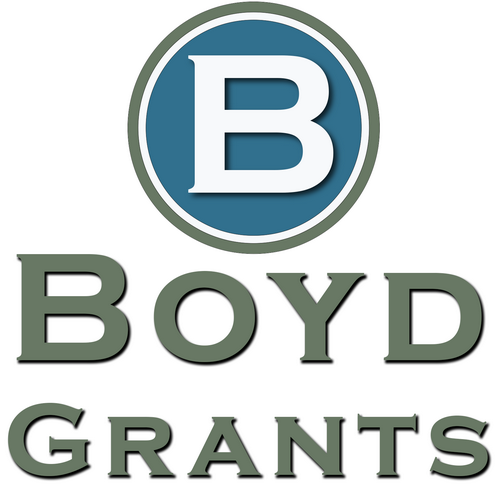There’s a common misconception in the world of nonprofits and organizations seeking funding: grants are “free money.” It’s an idea that many newcomers to grant writing cling to, but the reality is far more complex. While it’s true that grants don’t need to be paid back like loans, the process of securing and managing grants involves a lot of hard work, strategic planning, and accountability.
Let’s break down why the myth of “easy grants” is just that—a myth.
The Work Behind Securing Grants
First and foremost, applying for a grant is not as simple as filling out a few forms and hitting submit. In fact, the process can take months of preparation. Here’s a glimpse into what it takes to successfully secure funding:
- Research: Finding the right grant is more than just browsing a list of available opportunities. It involves understanding the funder’s priorities, mission, and specific eligibility requirements. You need to assess whether your organization’s needs align with what the funder is looking for, which requires careful research and strategy.
- Proposal Writing: Writing a winning grant proposal is an art. It requires crafting a clear, compelling narrative that outlines your organization’s needs, the community impact of your project, how funds will be used, and the measurable outcomes. This is where your storytelling skills, data analysis, and budget preparation come into play.
- Collaboration: Many grant proposals require input from multiple stakeholders. This means coordinating with colleagues, community partners, or experts in your field to ensure that your proposal is well-rounded and comprehensive. The process of collaboration takes time, effort, and communication.
- Time and Resources: Securing a grant often takes considerable effort from a team. From gathering supporting documents to reviewing the proposal for accuracy, the process involves substantial time and resources that may not always be factored into the initial excitement over the “free money” idea.
The Work Behind Managing Grants
The myth doesn’t end after you secure the grant. Once awarded, grants come with a whole new set of responsibilities:
- Implementation: Funders want to see that their investment is being used effectively. This means that you have to manage the funds according to the approved proposal. It involves tracking expenditures, ensuring that money is being spent as planned, and coordinating the various aspects of your project to ensure successful execution.
- Monitoring and Reporting: Many grants come with the expectation of regular progress reports, which means you’ll need to keep track of your project’s outcomes, measure your success, and provide detailed reports to funders. This ongoing documentation can be time-consuming, but it’s crucial to maintain transparency and accountability.
- Compliance: Grant funding often comes with a set of rules and regulations, ranging from how funds can be spent to what kind of outcomes need to be achieved. Compliance is non-negotiable, and failure to adhere to guidelines can result in penalties, including losing funding or facing legal action.
The Reality of Grant Work
The truth is that securing and managing grants is a process that requires expertise, dedication, and a clear understanding of what funders expect. It’s not “easy money,” and it’s certainly not a one-time effort. Successful grant management involves ongoing work, and it requires a well-organized team to make sure everything runs smoothly.
Grant professionals must be prepared for the long haul: researching, writing, submitting, managing, and reporting. It’s not a shortcut to financial support—it’s a structured, strategic path that demands a lot of attention to detail, time, and effort.


Recent Comments